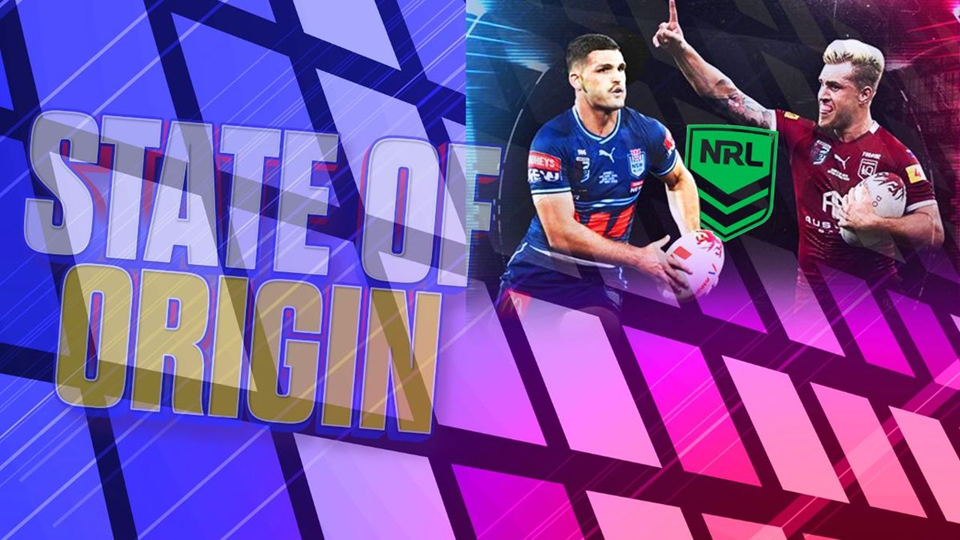The world of gaming has changed forever. What used to be limited to bulky consoles and expensive PCs has now fit into your palm—literally. Gaming apps have turned smartphones into mini entertainment hubs, giving players instant access to thousands of games anywhere, anytime. As mobile technology evolves, the gaming experience gets sharper, smoother, and more immersive. The result? A surge in users and an industry that’s now worth billions.
Why Mobile Gaming Is Surging in Popularity
- Smartphones Are Everywhere
Nearly everyone has a smartphone now. From kids to seniors, the accessibility of mobile devices means that more people can play games than ever before. Unlike gaming consoles, which can cost hundreds of dollars, a smartphone offers much more—including games—for a fraction of the cost.
- Games Are Easier to Get and Play
With just a few taps, anyone can download a game and start playing. There’s no setup time or learning curve for many of these games, which makes them extremely user-friendly, even for first-time players. Whether you’re waiting in line or relaxing at home, mobile games are the perfect go-to entertainment.
- Free Games Hook Users Instantly
Most popular gaming apps are free to download. This removes the entry barrier and invites millions to try out games without paying a cent. Once hooked, players often choose to buy extras or upgrades through in-app purchases, generating revenue for developers.
The Business Behind Mobile Gaming
Massive Revenue from Small Payments
Even though many mobile games are free, they rake in billions of dollars every year. How? Through small, optional purchases like extra lives, game currency, or cosmetic upgrades. These tiny transactions add up fast, especially when millions of players are spending regularly.
Ads That Pay the Bills
Games also earn money by showing in-game advertisements. Players may choose to watch a short video ad to earn rewards or continue gameplay. This model benefits both players and developers—players enjoy more content, and developers earn money without charging upfront.
Subscription Models Are Growing
Many top-tier mobile games now offer subscription services. For a monthly fee, players get access to exclusive content, bonuses, or an ad-free experience. This provides a steady income for developers and more value for committed players.
Popular Mobile Game Categories
- Puzzle and Match-3 Games
Games like Candy Crush Saga, Bejeweled, and Toon Blast dominate this genre. They’re easy to understand, satisfying to play, and endlessly addictive. Their bite-sized levels make them perfect for quick gaming sessions.
- Action and Battle Games
Fast-paced action games like Call of Duty: Mobile, PUBG Mobile and Free Fire attract competitive players looking for adrenaline-fueled fun. These games offer intense multiplayer battles with impressive graphics and real-time interaction.
- Role-Playing and Strategy Games
RPGs like AFK Arena, Raid: Shadow Legends, and Clash of Clans engage users with long-term progression, strategic planning, and rich storytelling. These games often feature alliances, battles, and hero upgrades that keep players invested.
- Simulation and Building Games
Games like SimCity BuildIt, The Sims Mobile, and Hay Day let players create and manage virtual cities, homes, or farms. These games are relaxing, rewarding, and give a sense of accomplishment over time.
- Hyper-Casual Games
These are the simplest and fastest-growing games in app stores. Titles like Stack Ball and Paper.io feature one-tap controls and short playtimes, making them perfect for players who want fast, fun entertainment without commitment.
Social Gaming: Playing with Friends and Strangers
In-Game Chat and Multiplayer Options
Modern mobile games often include features like live chat, friend lists, guilds, and real-time co-op modes. This makes gaming a social experience, helping players connect, compete, and collaborate with others around the world.
Integration with Social Media
Many games let users connect their Facebook or Google accounts. This enables them to invite friends, share achievements, and sync progress across devices, increasing engagement and community interaction.
Streaming and Game Watching
Platforms like Twitch and YouTube Gaming have become major channels for mobile gaming. Gamers livestream their sessions or upload gameplay videos, drawing huge audiences and helping games grow through exposure.
Technology Driving the Change
Faster Devices, Smoother Games
Mobile devices now have powerful processors and graphics chips, allowing for console-quality visuals and seamless gameplay. Features like high refresh rates and large storage space enhance the gaming experience even further.
5G and Low Latency Gaming
The rollout of 5G networks brings lightning-fast internet speeds and ultra-low lag, making real-time multiplayer gaming smoother than ever. This enables features like cloud gaming, where players can stream games directly without downloading.
AR and VR Are Going Mobile
Augmented reality (AR) games like Pokémon GO blend real-world environments with virtual elements, creating immersive experiences. As AR and virtual reality (VR) improve on mobile devices, we can expect more games that push boundaries and deliver novel gameplay.
Cloud Gaming: No More Storage Worries
Cloud gaming services let users stream high-end games directly on their mobile devices. Platforms like Xbox Cloud Gaming and NVIDIA GeForce NOW are expanding to mobile, removing the need for large downloads or powerful devices. This opens up premium games to even budget smartphone users.
The Role of App Stores in Mobile Gaming Success
App Store Optimization (ASO)
To get noticed in crowded app stores, developers rely on ASO. This includes writing keyword-rich descriptions, using attractive thumbnails, showcasing gameplay with video previews, and maintaining strong reviews and ratings. All these factors increase visibility and downloads.
Featured Sections Boost Visibility
When a game is featured on the home page of the Apple App Store or Google Play, it can result in millions of new downloads. These selections often highlight games with excellent user ratings, innovation, or seasonal relevance.
Mobile eSports: Competitive Gaming on the Go
Big Tournaments, Big Rewards
Games like Mobile Legends, Arena of Valor, and Clash Royale host global competitions with huge prize pools. These tournaments are streamed live and attract millions of viewers, bringing mobile eSports into the spotlight.
Professional Mobile Gamers
Mobile gaming is no longer just a hobby. Pro players earn money through tournament wins, sponsorships, and content creation. The rise of mobile gaming teams and leagues is turning casual gaming into a career path for talented individuals.
Game Development for Mobile Platforms
Faster Development Cycles
Mobile games can be developed and updated quickly. This allows developers to respond to feedback, fix bugs, and release new content regularly. Frequent updates keep players engaged and ensure the game remains competitive in a crowded market.
Cross-Platform Game Engines
Tools like Unity and Unreal Engine enable developers to create games that work across platforms. This makes it easier to reach a broader audience while maintaining high-quality graphics and features.
The Future of Gaming Apps
Cross-Device Play
Many developers are focusing on cross-platform functionality, letting users play the same game across phones, tablets, consoles, and PCs. This adds flexibility and convenience, enhancing the overall experience.
Blockchain and Play-to-Earn Models
Blockchain is introducing new ways to play and earn. Games like Axie Infinity use NFTs and cryptocurrency rewards, giving players a chance to make real income from in-game achievements.
AI in Game Design
Artificial Intelligence is being used to generate dynamic levels, adjust game difficulty, and personalize user experiences. As AI grows more advanced, expect smarter games that adapt to each player’s style.
Why Mobile Games Are Here to Stay
Mobile games have evolved from simple time-killers into complex, engaging, and rewarding experiences. Their accessibility, variety, and tech-forward approach make them the future of gaming. Whether you’re a casual puzzle fan or a competitive eSports player, there’s a game—and a place—for everyone in the mobile gaming world.
Conclusion
The rapid evolution of gaming apps marks a defining moment in the digital age. What started as simple, pixelated diversions has grown into a multibillion-dollar industry that reaches people from every corner of the world. With unmatched accessibility, powerful technology, and innovative gameplay, mobile games have become the heartbeat of modern entertainment.
Also Read: Future of Online Gaming: Trends and Innovations Shaping



